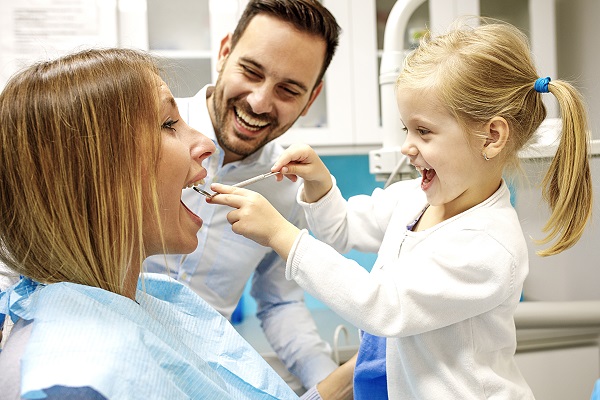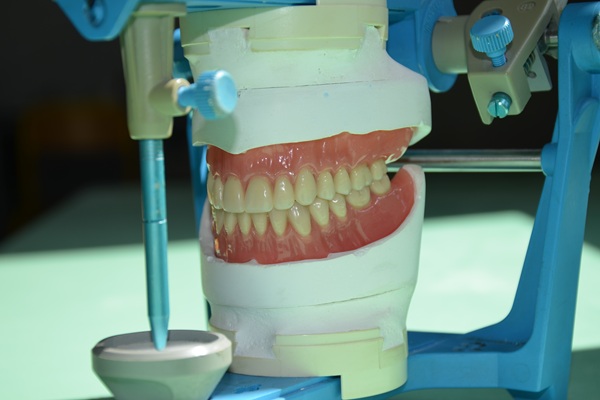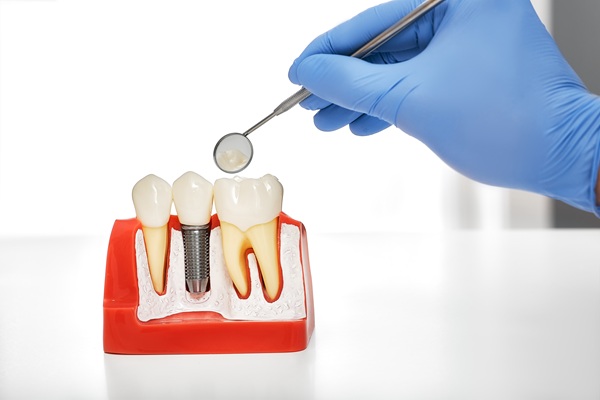Habits Your Child’s Dentist Wants Them to Avoid

If you speak with your child’s dentist, they will likely give tips on maintaining your child’s teeth. As a parent, you have the role of helping your child adopt or avoid certain practices.
Many habits have adverse effects on a child’s dental health, and dentists strongly advise you to help your child stop those habits to keep their teeth and gums healthy.
Habits that could harm your child’s teeth
To improve your child’s oral health, you should help them avoid the following habits.
Disregarding the dentist
You should never wait until you have a dental emergency before taking your child to the dental office. The American Dental Association recommends that you take your child for their first dental appointment within six months after the first tooth erupts. If no teeth show, at least take them before they turn 1 year old.
During your dental appointment, the child’s dentist will examine their teeth for cavities and other dental issues, determine tooth decay risk and teach you how to care for your child’s teeth properly.
After your initial visit, you should continue to take the child for regular dental checkups every six months. If the child is prone to dental cavities, the dentist may suggest more regular visits.
Swallowing toothpaste
Fluoride is a natural shield against cavities and is great for your child’s teeth. However, too much fluoride can lead to fluorosis. This condition causes white or brown spots to appear on the teeth.
You need to teach your children to avoid swallowing toothpaste since it contains fluoride.
You can use non-fluoride toothpaste made for kids, but it offers little protection for their teeth. Instead, try working with your children to teach them how to rinse after brushing.
Feeding your baby at night
Nighttime bottle-feeding can cause pitting and discoloration. If you do not clean your baby’s mouth after feeding them, the sugar in the milk will linger on the teeth and cause the enamel to deteriorate.
Thumb sucking
Thumb sucking is normal with babies and small children. It is harmless until their permanent teeth erupt.
Children should stop this habit once the permanent teeth start showing, usually between ages 4 and 6. Thumb sucking can cause teeth misalignment and other dental issues. You should inform your child’s dentist if you are finding it hard to stop the habit.
Giving pacifiers to preschoolers
Like thumb sucking, pacifier usage is a common phenomenon and a healthy baby habit. However, pacifiers can have adverse effects on the normal development of the tooth and jaws. Breaking this habit can be difficult.
The most effective time to stop pacifiers is at age 1.
Nail biting
According to the Academy of General Dentistry, about 30 to 60 percent of children and teenagers engage in nail-biting. Nail-biting is not only harmful to the nails, but it could also hurt the child’s oral health.
Consuming sugary drinks
It is no surprise that sugary drinks are bad for the teeth, but they can be hard to avoid. Try to limit your child’s intake of these drinks, especially sodas.
When to call a child’s dentist
Good parenting is important for a child’s oral health. Make sure you curb these habits before they become a problem.
If your child has tooth pain or other problems, call our office to speak with a dentist.
Are you considering a child's dentist in the Babylon area? Get more information at https://www.babylonsmiles.com.
Check out what others are saying about our services on Yelp: Read our Yelp reviews.
Recent Posts
It is important to adjust dentures when they cause concerns to help ensure the issues are resolved and to avoid more severe concerns and the need for denture replacement. Denture adjustments may be necessary when your dentures do not fit properly, experience minor damage, or are outdated and worn down.A denture adjustment involves minor improvements…
Looking for information on implant dentistry? Whether only a few teeth or the complete row of teeth are missing, implant dentistry might be the best choice to restore the natural function and appearance of the smile. Before starting any major dental procedure, you would probably have many questions. This article provides answers to some of…
Many parents often forget the need to get a kid friendly dentist when choosing a dentist for their children. A kid friendly dentist offers additional benefits that are not available from a regular dentist's office. Some might also get confused when they encounter pediatric dentists and wonder if there is any difference. Pediatric dentists also…
Clear braces are becoming more common among patients of all ages. In past years, orthodontists chose traditional metal braces to straighten crooked teeth. However, there are advantages to using clear options instead. If you do not want your orthodontic treatment to hinder your smile, you should not have to worry. Repair your teeth without anyone…


